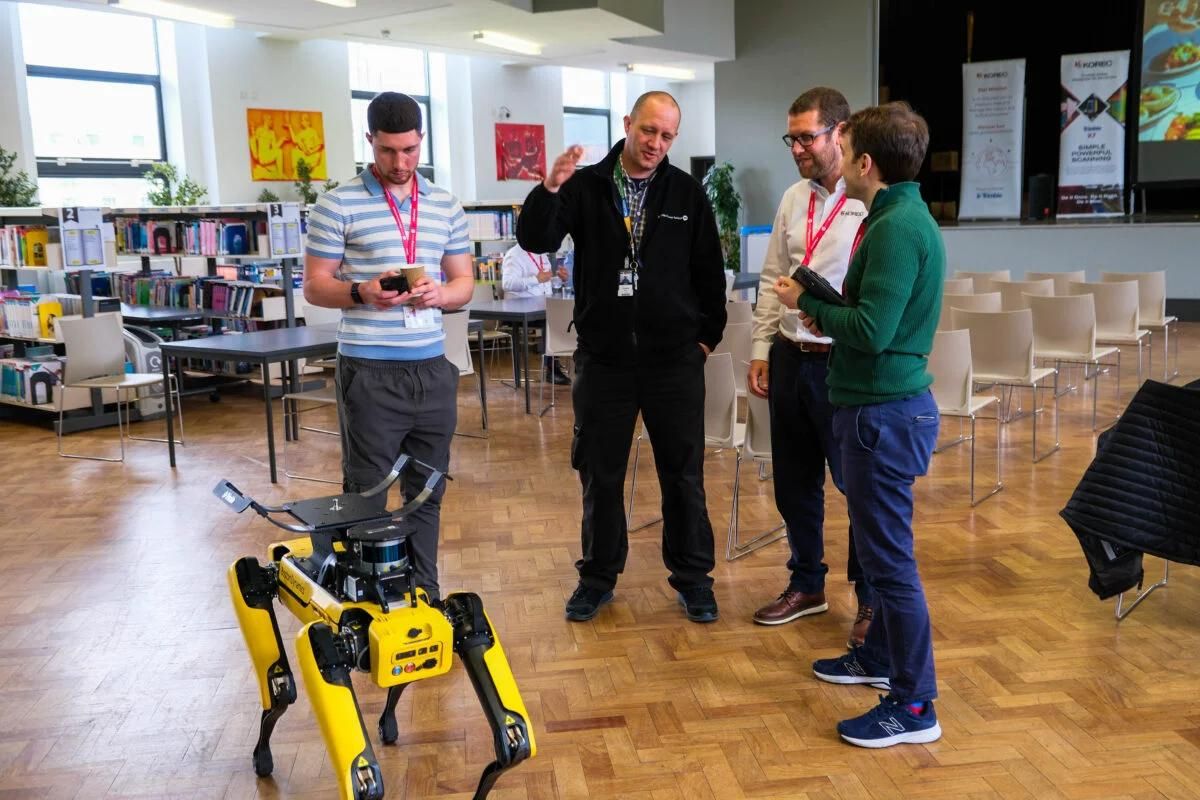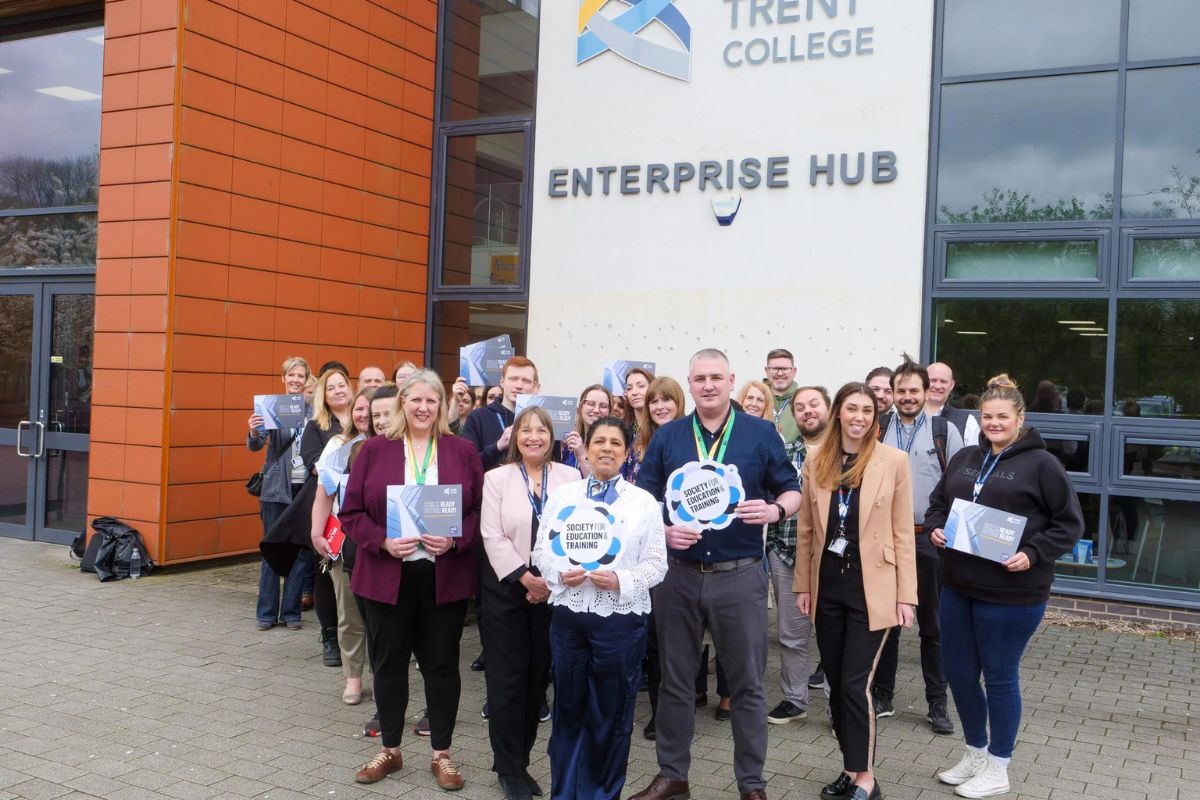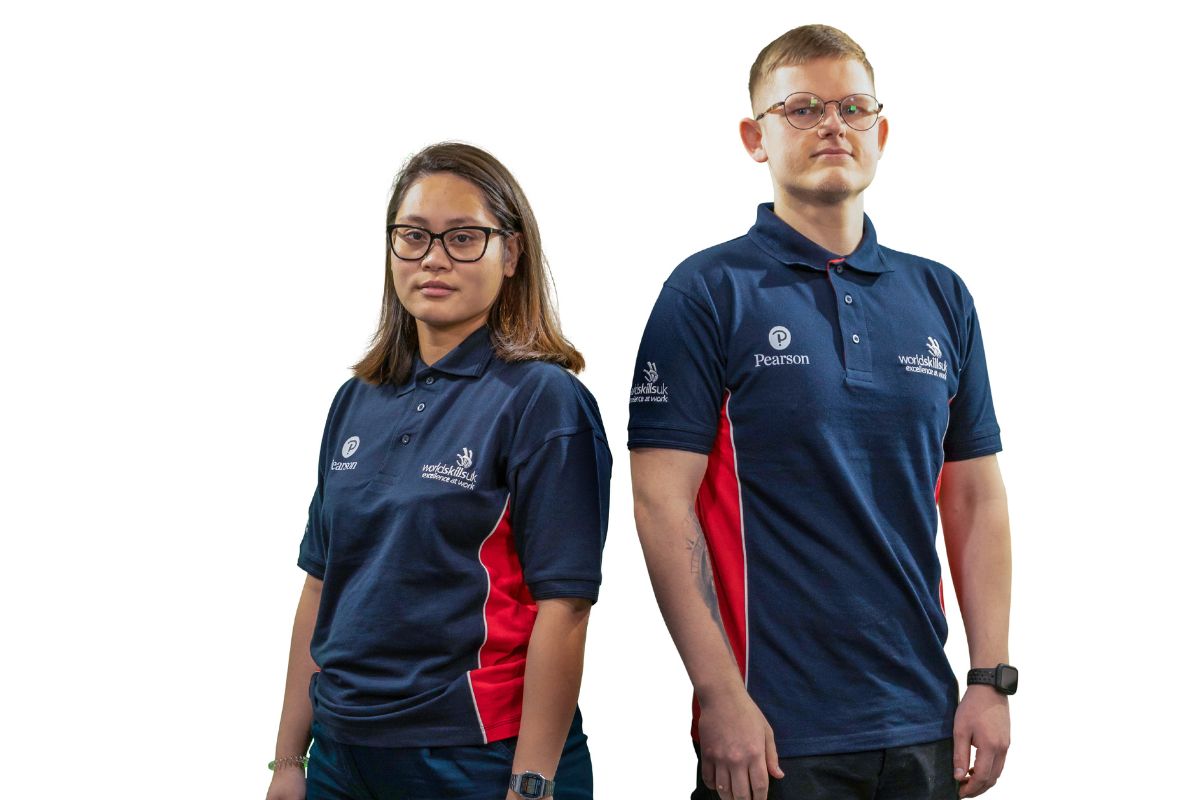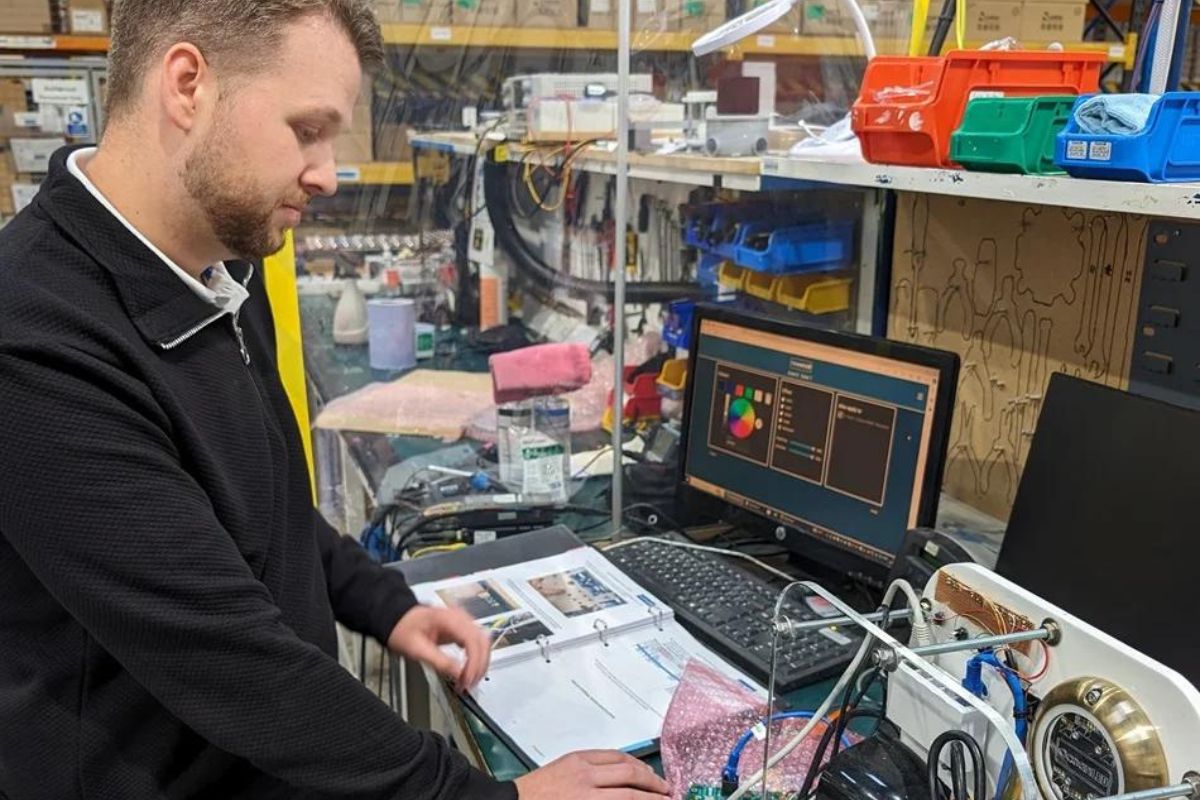DfE launches two-year trial of T Levels to address skills shortage

The Department for Education (DFE) recently launched its two-year trial to deliver T Levels for adults, as education chiefs look to test the flagship qualifications on 150 older learners ahead of a potential 2025 rollout. The technical skill courses are currently available in 11 colleges across the country, covering subjects such as, digital skills, construction, education, and health. One of these colleges is Barnsley College, which announced last month that they would be offering T-Levels to adults.
These T levels have been designed to enable ‘older learners’ to top up their skills or pursue new careers paths in light of the ongoing skills challenge and talent gaps reported across major UK industries. The DfE said ministers will be given evidence at the end of the trial in 2024 that will inform any decision on whether to roll the courses out nationally to adults from September 2025.
Sector Response
Stewart Watts VP EMEA at D2L comments:
“It is great to see the government extend T Levels to an older audience, it shows that the relationship between the business world and education becoming more intertwined as we look to answer the more complex business challenges. This should continue to develop as this trial begins to take form. By 2025, industry experts should be involved in course design. Working with industry, the education sector can ensure desirable skills are embedded within its curriculum and delivered across all courses. Similarly, organisations can offer insight into how to design programmes that cater to lifelong learners. That way, employers can incorporate specific skills that are tailored to individual job roles.
“The current talent shortage is particularly complex; this trial should be used as an opportunity to better understand the needs of older learners and the UK’s workforce. One of the key areas these T-Levels will focus on is digital skills, as the government attempts to address the digital divide, and also help those industries who are struggling to fill vacancies and create a steady talent-pipeline. Digital skills are difficult to nurture, and even harder to assess. T-Levels provide learners the opportunity to put their skills into practice in the real world, but these courses must be flexible and tailored to individual workers’ needs.
“Designing courses in this way takes time. Governments, businesses and educational institutions will have to be patient and constantly review their programmes to ensure student engagement is maximised. Over time, it should be a lot easier for older employees to re-enter the education system and top up their skills periodically, so colleges should provide options for part-time learning to make these courses accessible. This will only be achieved as colleges and businesses continue to work more closely and identify new ways that they can work together and bring these courses to life.”











Responses